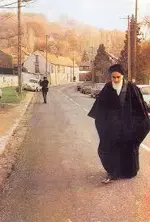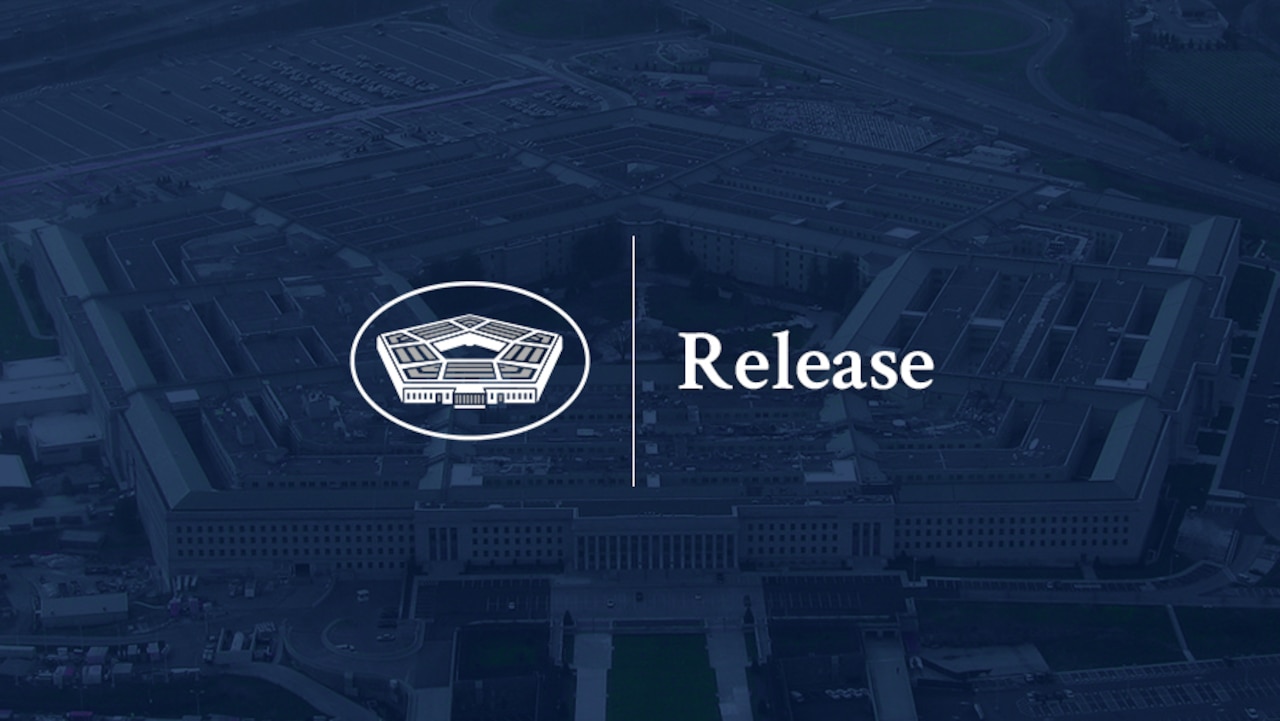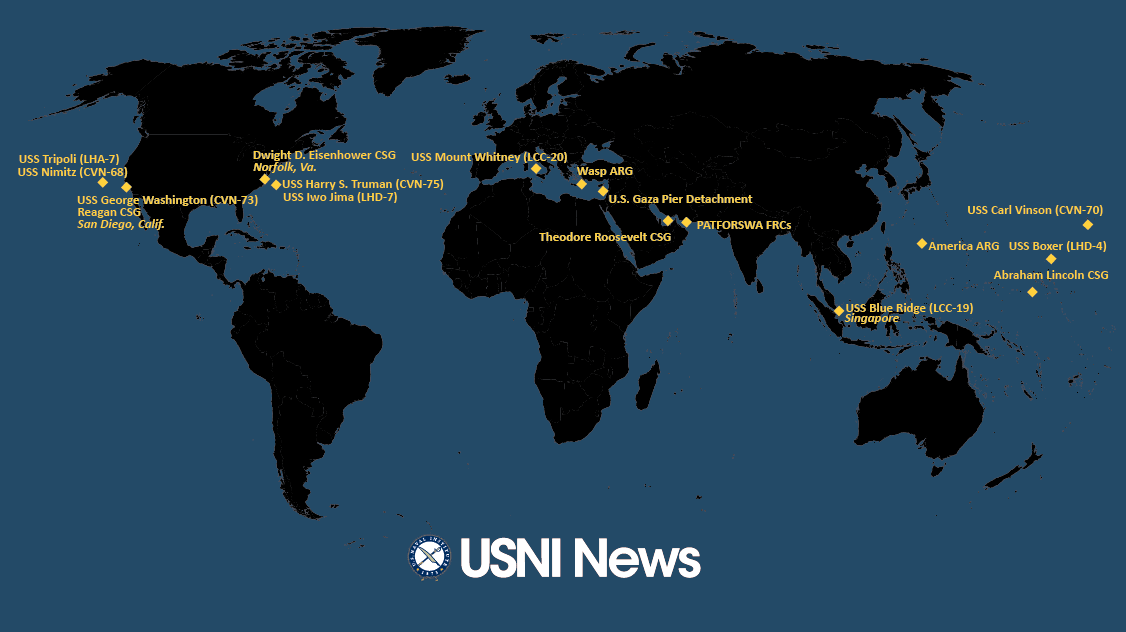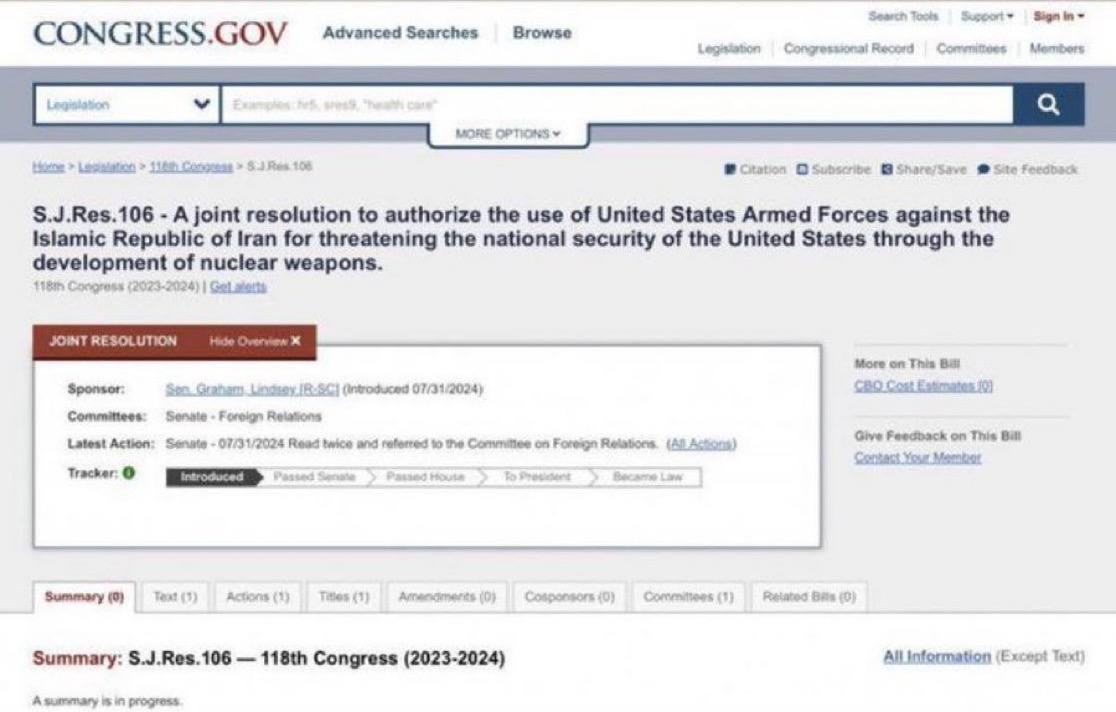Over the last twelve months Iran's deterrence has collapsed and it's painfully obvious. Israel is hitting Tehran and it's extensions whenever and wherever it wants and there hasn't been a single Iranian retaliation (either staged or real) that has been on par.
The power balance is shifting and it's up to the Iranian leadership to either halt that ongoing change, or even start rolling it back. It truly does feel like the coming strike will be a do or die moment. If the Iranian leadership messes it up again it will be one sign of weakness too many. From thereon each and any target will be fair game for the Israelis, and can be struck without much afterthought on possible blowback.
The previous Iranian retaliation (in response to the leveling of the Iranian Embassy in Syria - it's personnel included) didn't achieve jackshit. Yours truly back then already relayed that it was a strike that was days beforehand hush hush telegraphed in to the Americans, as to avoid any accidents that could lead to further escalation. The Iranians were and are deadscared of being drawn into open conflict in the Middle East - and at this point it's only the Biden Administration that's holding back Netanyahu as the Iranian deterrence has mostly crumbled. Magically and totally coincidentally those hundreds of Iranian cruise missiles and drones managed to kill exactly zero Israelis, and only a few sheds in the periphery of two military bases got obliterated.
It was hardly the victory the pro Iranian media made it out to be. Netanyahu obviously saw that strike as a confirmation of Tehran's weak hand too. Another total coincidence: one month after the strike Raisi and at least half a dozen of other top dogs died in extremely suspicious circumstances- an event which the Iranians swept under the rug and never officially blamed outside actors for. Israeli assassinations and strikes in Syria, Lebanon and Iran continued almost immediately, with the targets getting more prominent over time.
Iran is probably the actor that is most invested in maintaining the current status quo. Point in case being the recent election of Pezeshkian over the hardline IRGC backed Jalili. It signals an Iranian willingness to return to the days of the Detente under Obama, where sanctions relief and diplomatic engagement was traded for the JCPOA. Reality is that Iran, despite its Palestina centered Khomeinist ideology, simply doesn't have a lot to gain from an open conflict with Israel and likely the US. It's economy is brittle and export based, and large swaths of the population would welcome regime change.
Unfortunately for Tehran the era of 'strategic patience' and looking away (whilst grandstanding to the domestic public) have come to an end. Aside from the loss of face and collapse of its deterrence, Iran's positions in Syria and especially Lebanon are starting to get pressured. Tehran must hit hard or it's going to suffer a lot more.
The power balance is shifting and it's up to the Iranian leadership to either halt that ongoing change, or even start rolling it back. It truly does feel like the coming strike will be a do or die moment. If the Iranian leadership messes it up again it will be one sign of weakness too many. From thereon each and any target will be fair game for the Israelis, and can be struck without much afterthought on possible blowback.
The previous Iranian retaliation (in response to the leveling of the Iranian Embassy in Syria - it's personnel included) didn't achieve jackshit. Yours truly back then already relayed that it was a strike that was days beforehand hush hush telegraphed in to the Americans, as to avoid any accidents that could lead to further escalation. The Iranians were and are deadscared of being drawn into open conflict in the Middle East - and at this point it's only the Biden Administration that's holding back Netanyahu as the Iranian deterrence has mostly crumbled. Magically and totally coincidentally those hundreds of Iranian cruise missiles and drones managed to kill exactly zero Israelis, and only a few sheds in the periphery of two military bases got obliterated.
It was hardly the victory the pro Iranian media made it out to be. Netanyahu obviously saw that strike as a confirmation of Tehran's weak hand too. Another total coincidence: one month after the strike Raisi and at least half a dozen of other top dogs died in extremely suspicious circumstances- an event which the Iranians swept under the rug and never officially blamed outside actors for. Israeli assassinations and strikes in Syria, Lebanon and Iran continued almost immediately, with the targets getting more prominent over time.
Iran is probably the actor that is most invested in maintaining the current status quo. Point in case being the recent election of Pezeshkian over the hardline IRGC backed Jalili. It signals an Iranian willingness to return to the days of the Detente under Obama, where sanctions relief and diplomatic engagement was traded for the JCPOA. Reality is that Iran, despite its Palestina centered Khomeinist ideology, simply doesn't have a lot to gain from an open conflict with Israel and likely the US. It's economy is brittle and export based, and large swaths of the population would welcome regime change.
Unfortunately for Tehran the era of 'strategic patience' and looking away (whilst grandstanding to the domestic public) have come to an end. Aside from the loss of face and collapse of its deterrence, Iran's positions in Syria and especially Lebanon are starting to get pressured. Tehran must hit hard or it's going to suffer a lot more.
Last edited:




